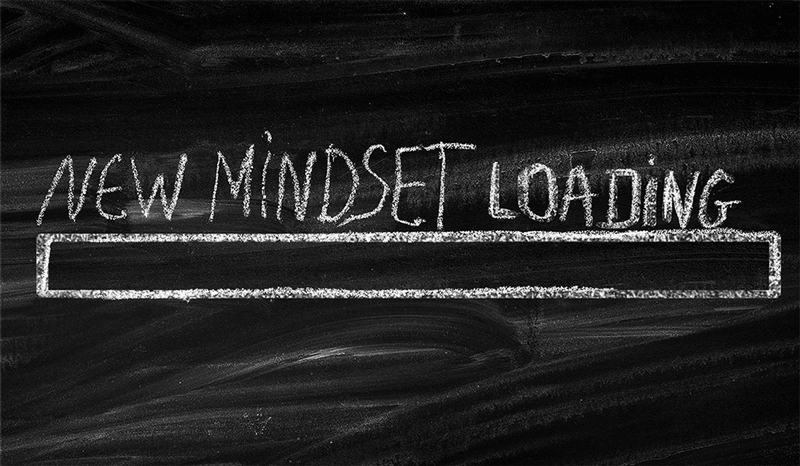Eunice Doroni, '15 BA, '18 BA, '18 Cert(CSL), '18 Cert(IntLearning), grew up considering three career choices: lawyer, doctor, nurse. But, as she marched toward door No. 1, something changed her mind.
Once we choose - whether it's what car to buy or what subject to study - it's tough to switch. But we change our minds all the time, almost automatically. We choose different shoes based on weather, or we shift our grip on a Ping-Pong paddle based on the play. What's happening in our brains that makes decisions easy or hard?
"Whether easy or difficult, there are arguments for there being common mechanisms behind all decision-making," says Craig Chapman, associate professor in Kinesiology, Sport, and Recreation. But if we had to weigh every decision, we'd get nothing done. "Some decision-making happens below our level of awareness."
The point at which we stop considering new information and make a choice is called the decision threshold. "In a simple model, we can see what would happen if you commit at a lower threshold," Chapman says.
Decisions with more sources of information may have a higher decision threshold, giving a greater degree of confidence in the choice, as Doroni found. In her undergrad, she took a class with a community service learning component, found herself in a placement at the Sexual Assault Centre and discovered careers in the non-profit sector. "I was like, 'Huh. That's a thing,' " she says. The experience provided new information that overtook the old.
"During my first degree, I was like, 'I have to chase the A's.'
I focused on school work," she says. "When I opened up to other opportunities, I realized that non-profit is where I want to be."
Chapman says changes to how we access information make our our choices narrower, affecting our decisions. He advises we consider the source and pursue that which is outside our comfort zone.
In an age of recalcitrance, Eunice Doroni did just that, and it worked out beautifully.
– with files from Mifi Purvis, 'BA

We at New Trail welcome your comments. Robust debate and criticism are encouraged, provided it is respectful. We reserve the right to reject comments, images or links that attack ethnicity, nationality, religion, gender or sexual orientation; that include offensive language, threats, spam; are fraudulent or defamatory; infringe on copyright or trademarks; and that just generally aren’t very nice. Discussion is monitored and violation of these guidelines will result in comments being disabled.